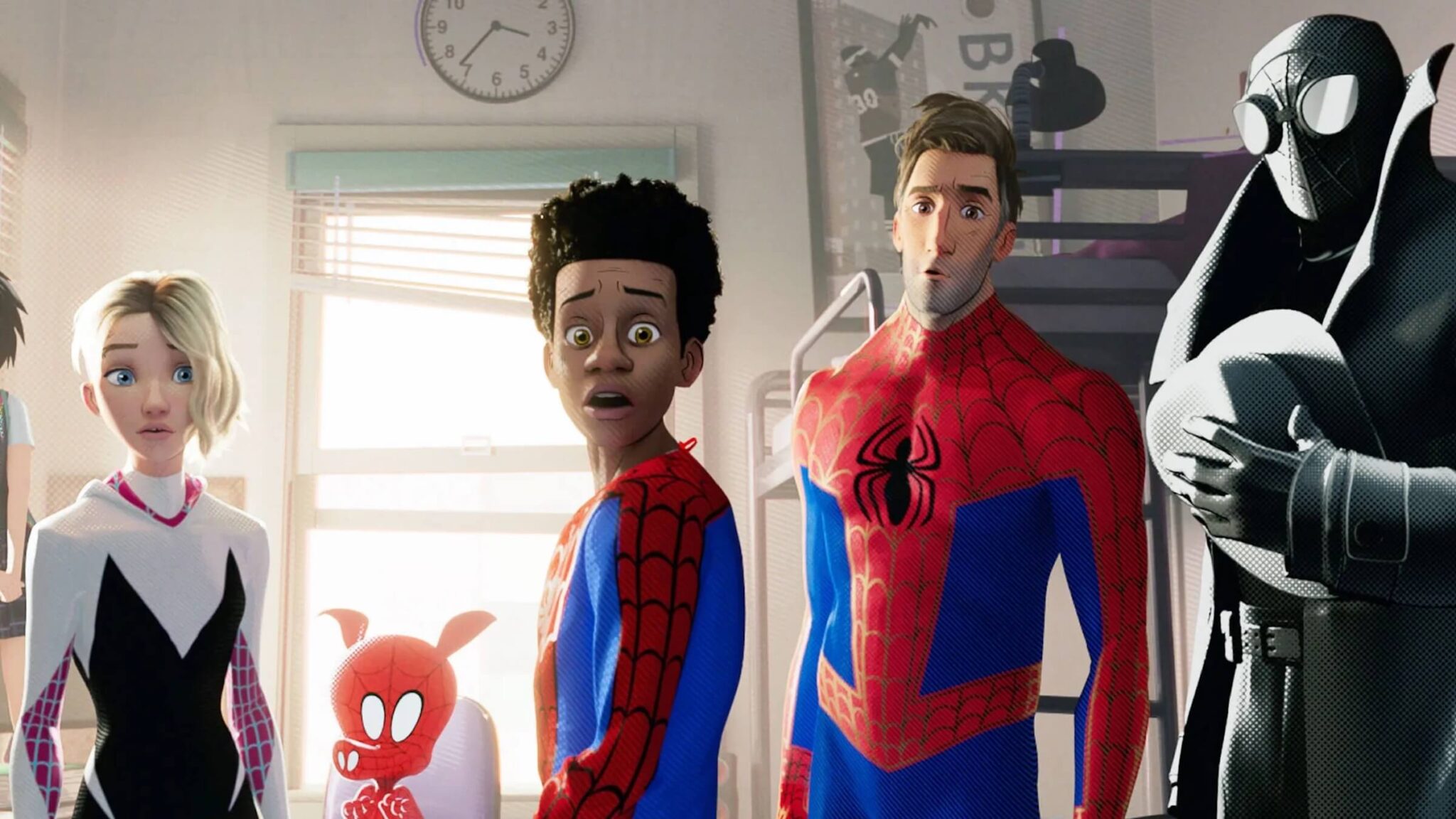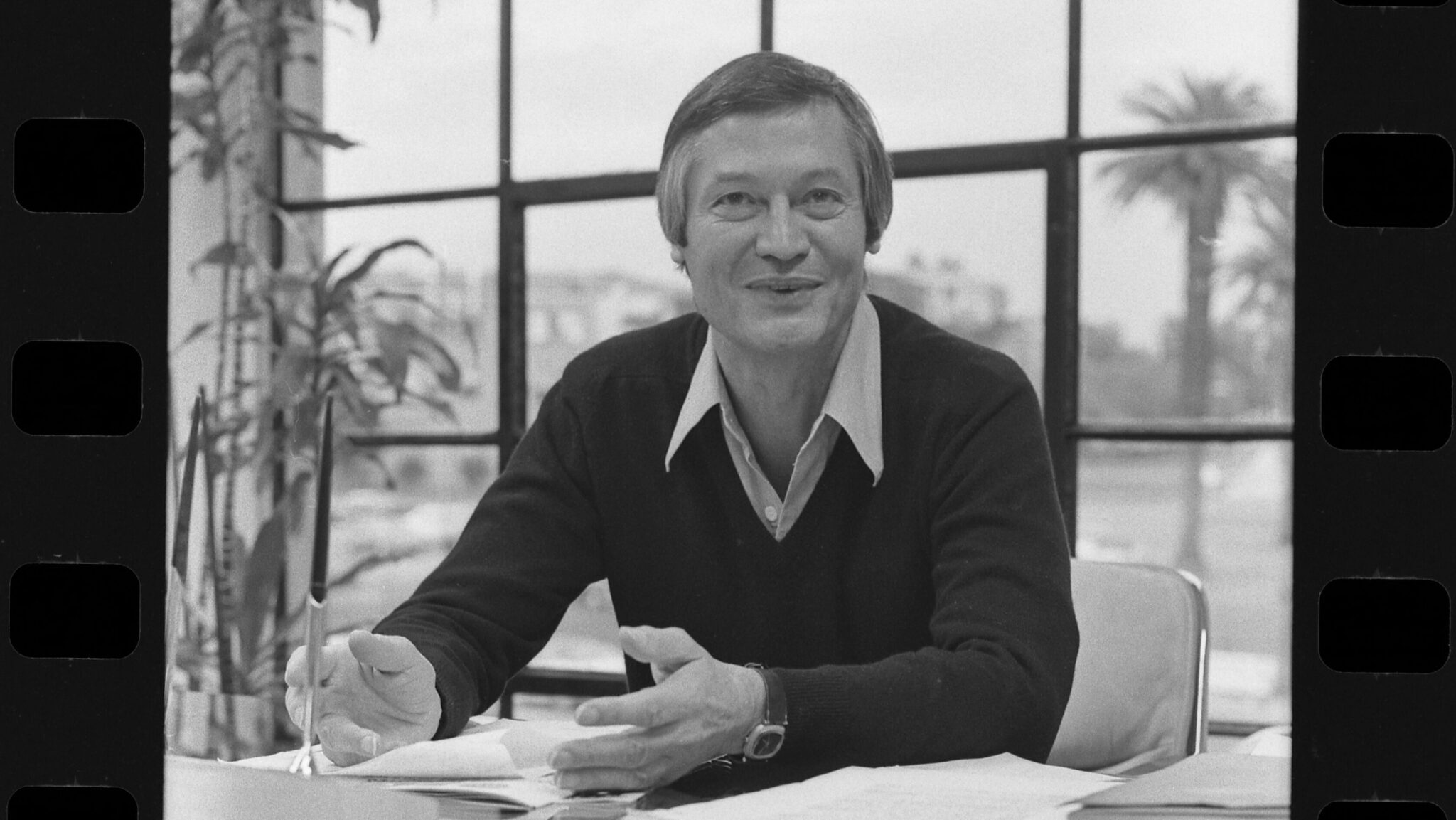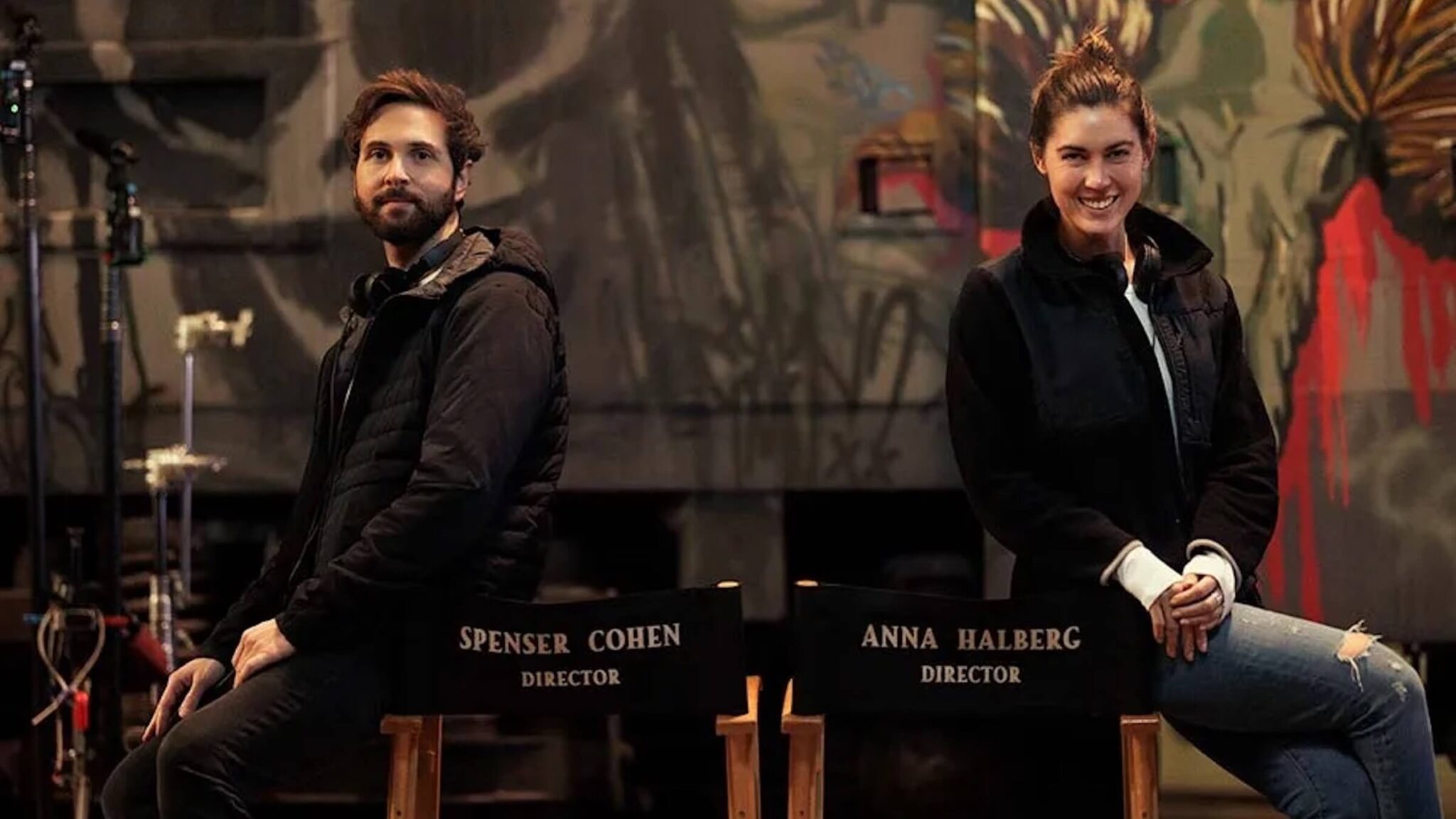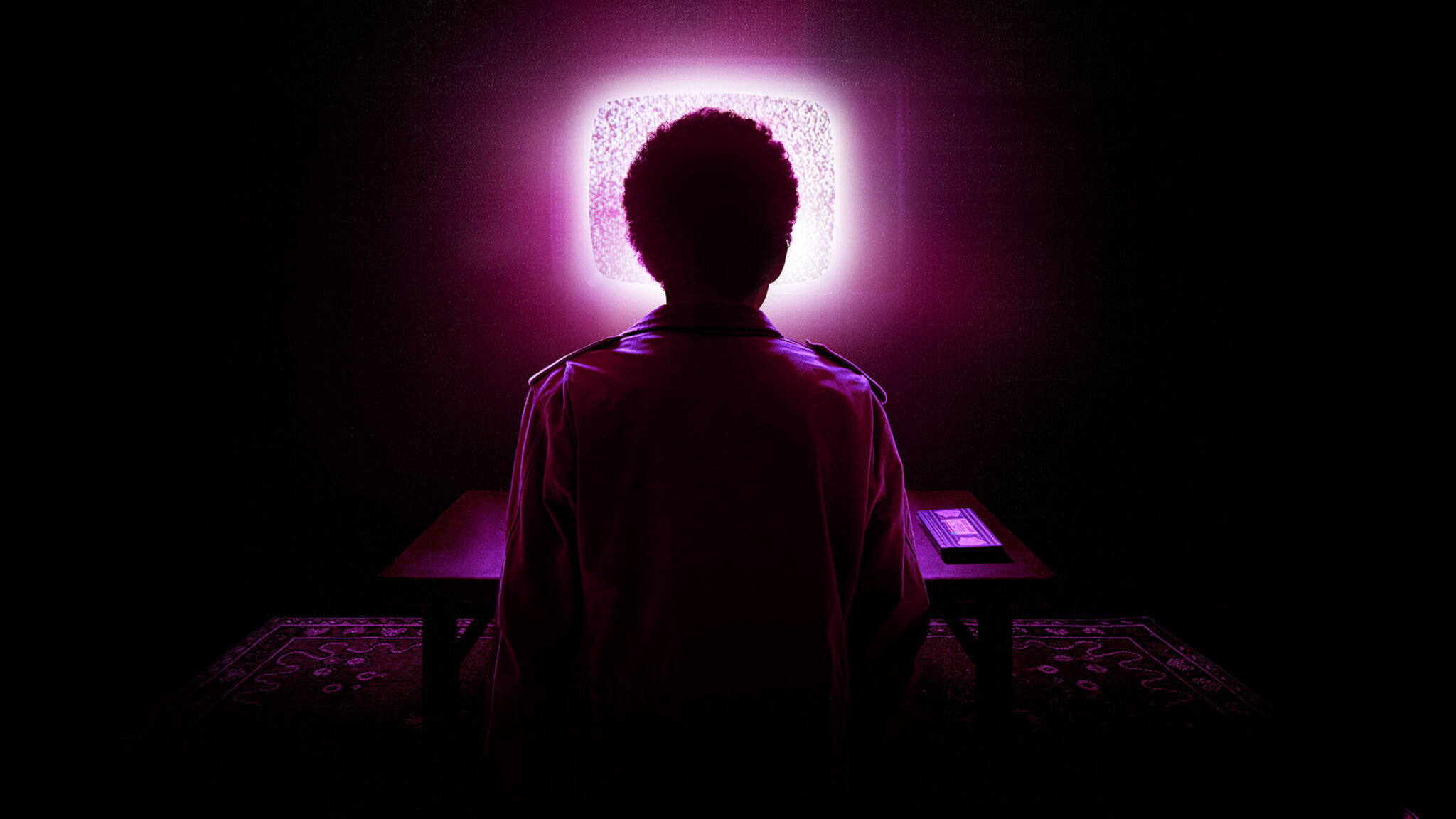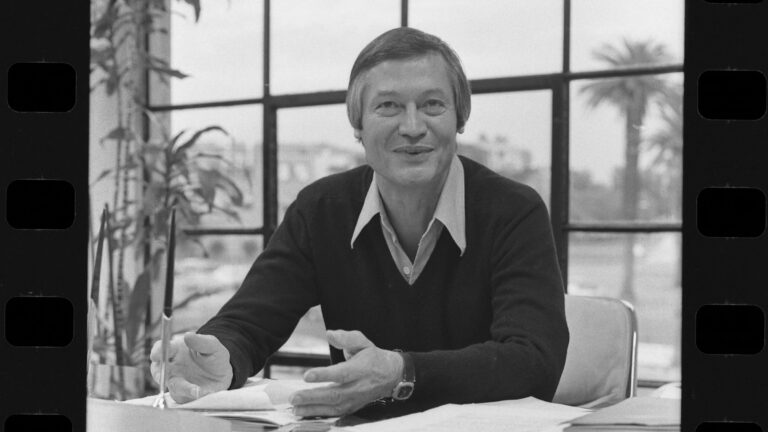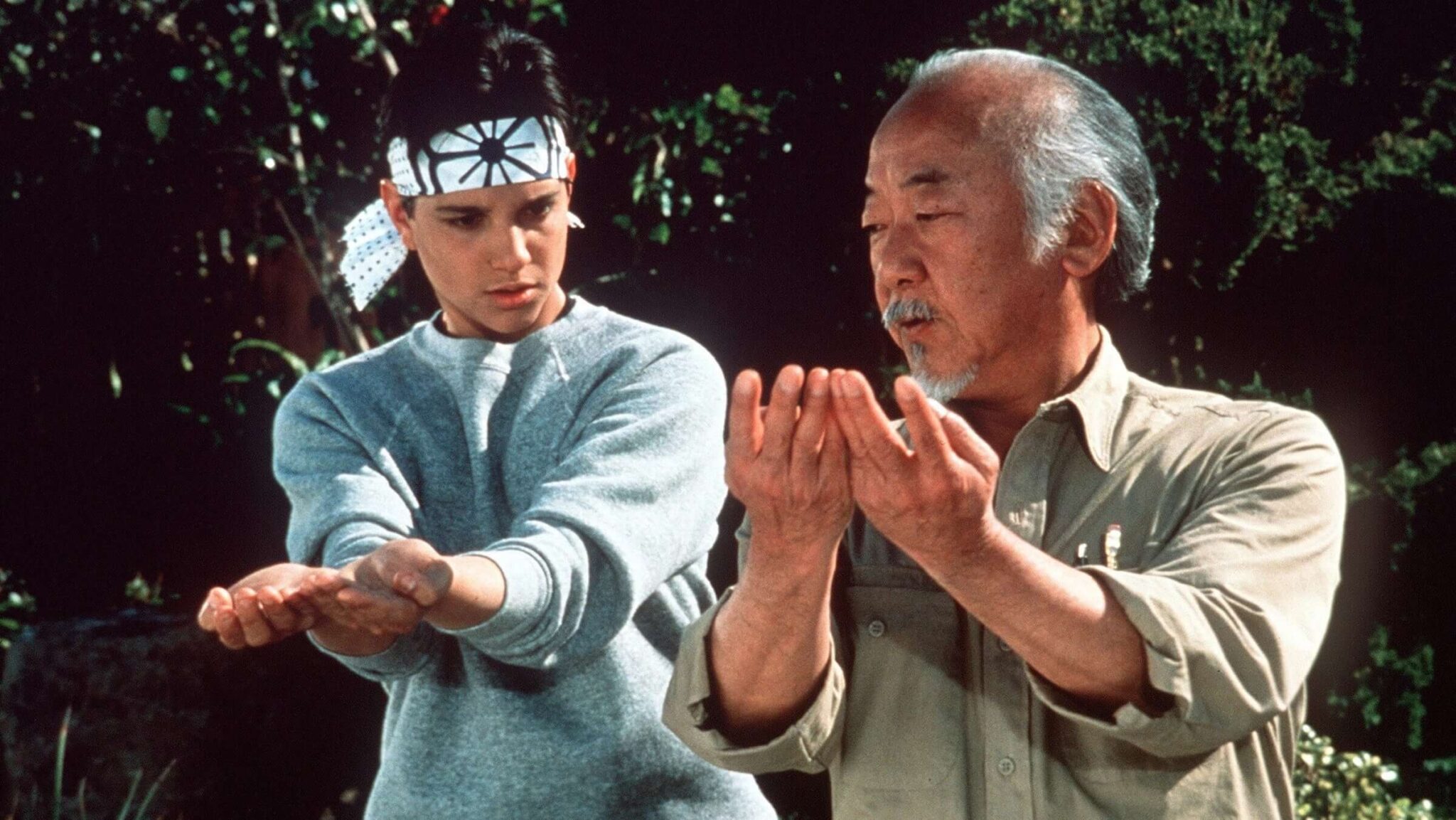Quentin Tarantino's Top 10 Rules For Screenwriting Success

What are some of Quentin Tarantino's best words of advice that screenwriters can apply to their own quest for screenwriting success?
Evan Carmichael's YouTube video Quentin Tarantino's Top 10 Rules For Success offers an excellent compiled list of Tarantino advice that screenwriters and filmmakers can learn from. Carmichael takes these insights and creates an amazing Top 10 list of rules for success. Here we share those rules and apply them directly to screenwriting and how you can abide by these rules to better your chances of success within the film and television industry as a screenwriter.
Rule #1 — Defend Your Art
Quentin tells the story of how he could have received top credit billing for his screenplay Natural Born Killers but rejected it. Why? Because Oliver Stone and the studio completely rewrote his script. He went a step further by going to the press and calling out Stone and the studio for the many changes they made.
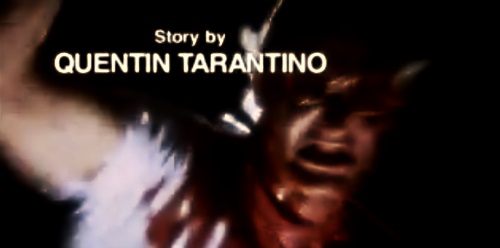
The point — in his eyes — was to tell the industry, "If you're going to buy my script you're going to do it my way."
In the context of you, the up and coming screenwriter, the advice of defending your art doesn't have to be so drastic. If you don't want to take that bold of a stance (and we recommend you don't), the notion of defending your art is excellent advice as far as showcasing that you're a confident writer. Not an arrogant one, mind you. But confident.
Don't be afraid to defend your choices after you receive those notes from representation, development executives, or producers. Yes, film is a collaborative effort. You do have to be able to work well with others. But you also need the ability to defend your work until you've either won them over, compromised with them, or discovered that their option is in fact better.
Rule #2 — Love What You Do
Quentin states, "If you truly love cinema, with all your heart, and with enough passion, you can't help but make a good movie. You don't have to go to [film] school."
While he was specifically referencing directors, this applies to screenwriters as well.
You don't have to know all of the formulas, structures, beats, character arcs, etc. Most of that is all academic BS anyway — or conjured concepts to sell books. If you truly love movies with all of your heart, and with enough passion, you can't help but write a great script.
Structure, pacing, tone, atmosphere, and characterization are all embedded within you if you're a true cinema lover. It's just about recognizing those elements you've seen in films and being able to utilize them.
Just love what you do.
Rule #3 — Do Your Own Thing
Quentin's movies have collectively made well over one billion dollars worldwide. Upon being told this, he reminds us that he accomplished this while doing his own thing. He has never made a commercial movie. He's always done what he wants to do. He's very proud of that.

As a screenwriter, you're often forced to believe that you have to mirror what the rest of the screenwriters are doing and succeeding at. You're told that you have to follow trends and write scripts that Hollywood is willing to buy.
While there is truth to that, you also have to remember that to stand out from the rest, you have to do your own thing. How can you stand out by writing scripts that read like last year's box office hits? You can't. You have to do you. Even if that means creating a hybrid of what studios are looking for and what you want to write.
Trick them into thinking they're about to read something familiar until they see that it's fresh, original, and different.
Rule #4 — Play the Audience
Quentin states that he loves to play the audience as if he was the orchestra conductor and the audience's reactions are his orchestra. The reactions an audience makes are the sounds of the orchestra.
He explains, "It's like laugh, laugh, laugh — stop laughing. Okay, now be horrified. Be horrified. This is horrible. This is horrible. This is horrible, horrible, horrible — laugh. And that's what I want to do... when someone does that to me, I've had a good time at the movies."
As a screenwriter, you have to learn how to play the audience. It's not just about taking a character and getting from Point A to Point Z and every point in between. It's about remembering that an audience — or a reader — is going to be taken on this ride. And you want to make that ride a thrilling one with ups, downs, lefts, rights, and multiple surprises. That's what makes a great screenplay.
Rule #5 — Have a Strong Why
He explains that he wanted to make movies that make people want to make movies. That's why he wanted to become a director. That's what he wanted to do.
What's your why? Why do you want to become a screenwriter?
Rule #6 — Develop Great Relationships
Quentin talks explicitly about his ongoing collaboration with Samuel L. Jackson and how Jackson is the actor that can best perform Quentin's dialogue as written.
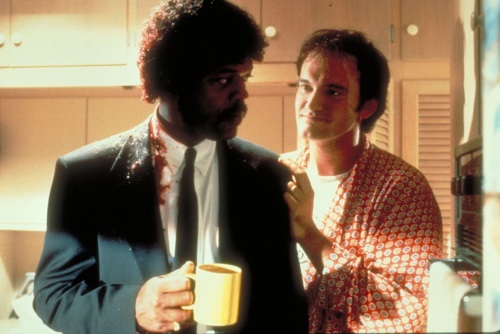
In the context of screenwriting, developing excellent relationships is necessary to succeed. Some find outstanding writing partners. Others partner with talented directors. You may find a great relationship with a manager, agent, or development executive.
Sometimes all that it takes is one great relationship to make your screenwriting dreams come true. Find that special someone in your screenwriting career and don't let them go.
Rule #7 — Transcend Genres
He pinpoints his love of subgenres and transcending the main genres that films usually fall under. He never wants to play up to a particular, singular genre in his work. He wants to takes those subgenres of that main genre and bounce them off of each other. He wants to do it his own way.
"Reservoir Dogs is a heist film where you never see the heist. Inglorious Basterds? The genre I was starting off working with was a bunch of guys on a mission movie. And it kind of is that, but it's beyond that."
Hollywood loves genre-bending screenplays. That's what makes you stand out as a screenwriter. We've seen the serial killer movies. We've seen the bank heist movies. We've seen the romantic comedies where the guy gets the girl in the end. What's different about your script? Is it about a serial killer that falls in love and begins to question his actions? Is it a bank heist movie where the lead mastermind falls in love with the bank manager?
Those are either horrible or brilliant examples, but the point is to transcend the genre you're writing in. Surprise us. Give us something we haven't seen. Give Hollywood what they didn't know they wanted.
Rule #8 — Ignore the Critics
Quentin's movies since Pulp Fiction have had their share of critics. He doesn't care.
With your screenwriting, you're going to come up against many naysayers and much rejection. While you should pay attention to what they are saying through notes and feedback, in the end, you just have to take what you think may help make your script better and toss away everything else.
Yes, you have to be honest with yourself and your writing. Yes, you do have to consider every note and every form of feedback. But as you grow as a screenwriter with each script, you'll slowly begin to see that most reactions to your work are just subjective opinions. If you see multiple notes that are saying the same thing, maybe they are something to consider. But in the end, you have to learn to ignore the critics and trust yourself.
Rule #9 — Find Your Inspiration
Quentin tells an intriguing story of where the inspiration for The Hateful Eight came from.

He used to love watching the great Western shows on television. Things like Gunsmoke. Specifically shows that featured guest stars — famous actors coming onto the show for one episode as a featured character. These types of characters always had a mystery to them. You didn't know if they were a protagonist or antagonist until you slowly learned more about their character's past as the episode went along. There was this mystery to them.
That concept of a character became very interesting to him. And that's where The Hateful Eight was born. What would it be like if you took eight of those types of characters and put them in a room together for a whole movie?
As a screenwriter, you have to find your inspiration like that. You have to ask yourself those "What if?" questions. That's where true inspiration is born.
Rule #10 — Have Fun
If you can't have fun writing your scripts, why are you even bothering?

Read ScreenCraft's Top Ten Quentin Tarantino Interviews About Screenwriting!
For three bonus rules, watch Evan Carmichael's YouTube video Quentin Tarantino's Top 10 Rules For Success!
Ken Miyamoto has worked in the film industry for nearly two decades, most notably as a studio liaison for Sony Studios and then as a script reader and story analyst for Sony Pictures.
He has many studio meetings under his belt as a produced screenwriter, meeting with the likes of Sony, Dreamworks, Universal, Disney, Warner Brothers, as well as many production and management companies. He has had a previous development deal with Lionsgate, as well as multiple writing assignments, including the produced miniseries Blackout, starring Anne Heche, Sean Patrick Flanery, Billy Zane, James Brolin, Haylie Duff, Brian Bloom, Eric La Salle, and Bruce Boxleitner. Follow Ken on Twitter @KenMovies
For all the latest ScreenCraft news and updates, follow us on Twitter, Facebook, and Instagram.
Tags
Get Our Screenwriting Newsletter!
Get weekly writing inspiration delivered to your inbox - including industry news, popular articles, and more!













